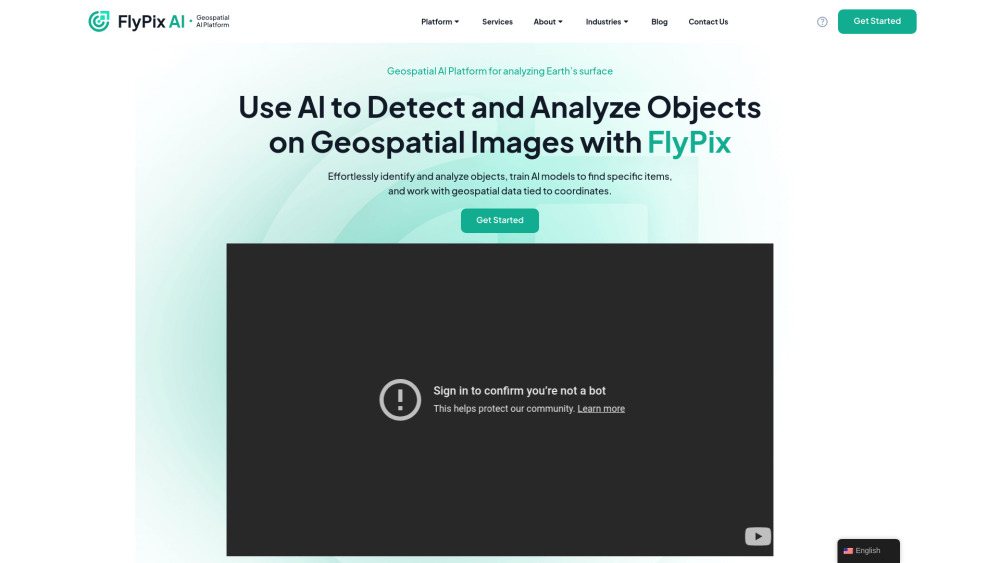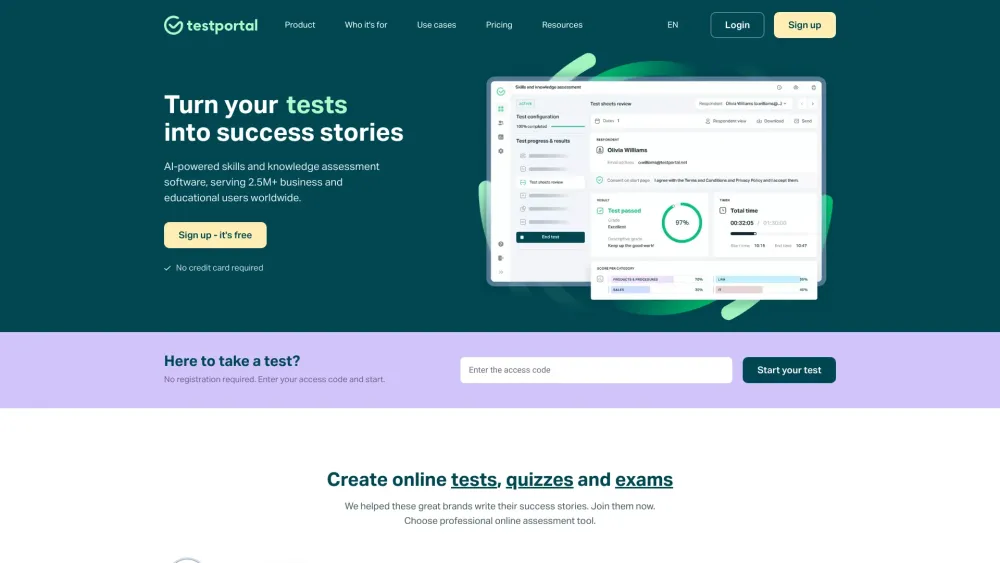Baidu Unveils Self-Reasoning AI to Combat Hallucinations
Chinese tech giant Baidu has announced a groundbreaking advancement in artificial intelligence, introducing a "self-reasoning" framework designed to enhance the reliability and trustworthiness of language models. This innovative approach empowers AI systems to critically assess their own knowledge and decision-making processes.
Detailed in a recent arXiv paper, this new framework addresses a key challenge in AI: ensuring the factual accuracy of large language models. These robust systems, which power popular chatbots and AI applications, excel at generating human-like text but often suffer from a phenomenon known as “hallucination,” where they confidently produce erroneous information.
“We propose a novel self-reasoning framework aimed at improving the reliability and traceability of retrieval-augmented language models (RALMs). Our core idea is to utilize reasoning trajectories generated by the language model itself,” the researchers stated. The framework consists of three processes: relevance-aware, evidence-aware selective, and trajectory analysis processes.
Baidu’s work tackles a pressing issue in AI development—creating systems that can not only generate information but also verify and contextualize it. By implementing a self-reasoning mechanism, this approach transcends basic information retrieval and generation, marking a shift towards AI systems that can critically evaluate their outputs.
Transforming AI: From Prediction Engines to Reasoning Systems
Baidu's self-reasoning AI represents a significant transformation, shifting the perception of AI models from simple prediction engines to sophisticated reasoning systems. The ability to self-reason could lead to AI that is not only more accurate but also transparent in its decision-making, fostering greater trust among users.
The key innovation involves training AI to scrutinize its own processes. The system first evaluates the relevance of retrieved information, then selects and cites important documents, akin to a human researcher. Finally, it analyzes its reasoning path to generate a well-supported final answer. This multi-step approach enhances the model's discernment, improving accuracy while providing clearer justifications for its responses.
In evaluations across various question-answering and fact-checking datasets, Baidu’s self-reasoning system outperformed existing state-of-the-art models, achieving results comparable to GPT-4 with only 2,000 training samples.
Democratizing AI: Streamlined Training for Greater Access
Baidu’s approach could revolutionize the AI industry by significantly reducing the resources needed for training advanced language models. Traditionally, developing these systems demands vast datasets and immense computing power. This innovative framework suggests a path to create highly capable AI with fewer data requirements, potentially democratizing access to cutting-edge AI technology.
By lessening the resource burden in training sophisticated AI models, Baidu's method could empower smaller companies and research institutions, fostering innovation in AI development that previously relied on tech giants.
However, it’s essential to maintain a balanced perspective. Despite the advancements represented by the self-reasoning framework, AI systems still lack the nuanced understanding that humans possess and remain fundamentally pattern recognition tools working on vast data sets, rather than entities with true comprehension.
Applications and Impact on Various Industries
The potential applications of Baidu’s technology are vast, particularly in industries where trust and accountability are paramount. Financial sectors could leverage it for more reliable automated advisory services, and healthcare providers might employ it to enhance diagnosis and treatment planning.
As AI continues to integrate into critical decision-making processes, the demand for reliability and explainability intensifies. Baidu’s self-reasoning framework marks an important stride in meeting these expectations, paving the way for more trustworthy AI technologies.
Looking Ahead: Evolving AI Research and Ethics
The challenge moving forward is to expand this framework to more complex reasoning tasks while enhancing its robustness. In an increasingly competitive environment among tech giants, Baidu’s innovation highlights the importance of both quality and reliability in AI systems alongside their raw capabilities.
This development invites significant consideration regarding the future of AI research, particularly concerning ethics and governance. As AI becomes adept at critically analyzing its own outputs, new frameworks may emerge to better understand AI decision-making and accountability.
Baidu’s breakthrough reflects the rapid advancements within AI technology and the potential for innovative solutions to longstanding industry challenges. As we push the boundaries of AI, balancing the pursuit of powerful systems with the necessity for reliability, transparency, and ethical integrity will be crucial.




